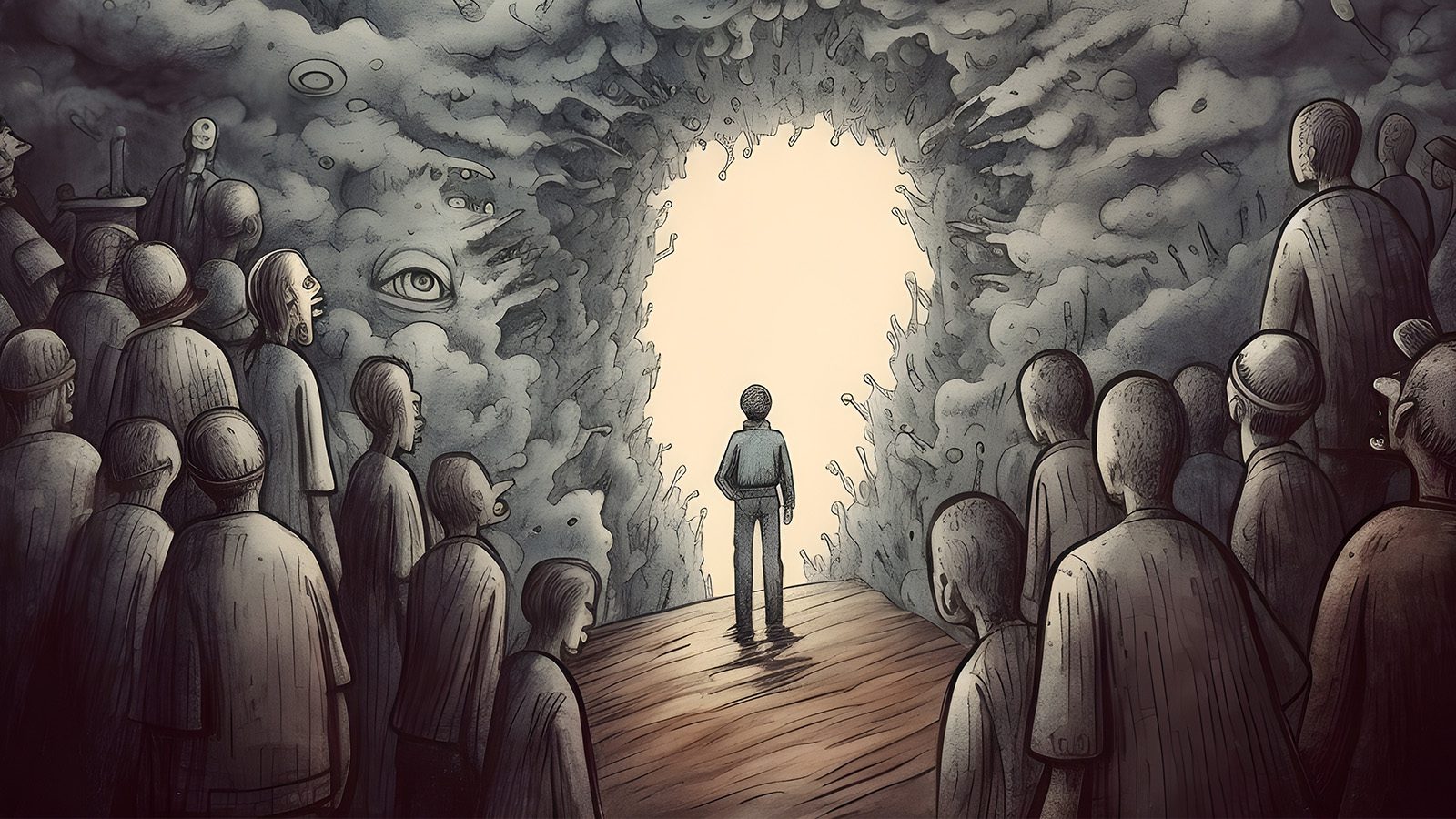If your partner is the possessive type, you might have many reasons to be concerned, both for your safety and your relationship’s health.
A possessive person is like the green-eyed monster. Furthermore, it can lead to dangerous behavior in those who lack enough self-control to avoid violence toward someone they see as a romantic rival. Having a partner who doesn’t want to give you up might seem ideal for those who like these romance stories in movies and television, but you aren’t a prize to be won. Your well-being is at stake if your partner is the possessive type.
It may be evolving as social norms about what defines a romantic partnership change. Typically both halves of a committed couple expect that their partner will remain not only monogamous but also emotionally attached to only them. Here are ten signs that your partner is the possessive type.
10 Signs of The Possessive Type
1. Your Partner tries to restrict your behavior
If your partner is setting limits on how often you can go out, whom you can see, and whom you talk to, that is not something you should tolerate. You are a person of free will who can choose where and whom you will speak with.
2. Your partner wants you to be with them 24/7
Insecurity is the reason that your partner is constantly attached to you. Whether they believe you will cheat or not, your partner needs to check up on you and ensure you are ‘OK’ more often than they should for a healthy relationship.
3. Your partner says demeaning things about others who they believe to be cheaters
This is a very subtle form of manipulation that borders on verbal abuse. First of all, demeaning language toward you should never be tolerated. Someone who is using belittling words toward others is more likely to do it to you. For example, your partner calls someone they believe to be cheating a ‘slut’ and suspects you are unfaithful. Indeed, you can fill in the blank about what they call you under their breath.
4. Your partner has an unstable mood
Researchers looking at abusive relationships say that anger, jealousy and mood instability are all strongly related to how often verbal and physical abuse happens in intimate relationships. It is a sign if their moods are unpredictable and frequently shift from anger to sadness to anxiety.
5. Your partner has a limited support system outside of you
They may be the possessive type if they have a small social circle. Your partner is dependent on you almost entirely for their feelings of self-esteem and self-worth.
6. Your partner negatively compares themselves to others
If your partner thinks they are unfavorable compared to a potential romantic rival, you might have reason for concern that your partner is the possessive type. Researchers looking abusive relationships say people who compare themselves negatively with others will try to get their partner’s approval ‘to validate their tenuous sense of self-worth.’
7. Your partner is afraid of being abandoned
If your partner fears that you will leave them and you are physically weaker than your partner, protect yourself first from the potential of physical assault by getting to a safe location and calling the National Domestic Violence Hotline 1-800-799-7233. Researchers warn that ‘With the exception of serial killers, almost all cases of males killing females occur in an ongoing intimate relationship, and much male intimate violence occurs in the process of real or perceived relationship dissolution. Prior research indicates that men who assault their wives have high chronic anger scores, and that their anger comes from attachment change they perceive as uncontrollable.’
8. Your partner is upset about you spending time with any potential romantic rival
This behavior is primarily based on the risks to the male and female partners raising offspring if there is a romantic rival. For example, if there is a baby and the male is concerned that the female may have gone outside the partnership, there is a risk that if he stays and raises the young, it may not be his genetic offspring. For the female partner, if the male strays, she risks loosing his commitment to raising the young and the resources that he can provide for the family.
Researchers looked at men and women’s responses to an imaginary scenario where their partner had either a physical or an emotional affair. Heart rate increases, perspiration, and eyebrow movements were studied when the participants imagined their partner’s infidelity. Men felt upset about their partner’s sexual infidelity. But women were more upset about a partner’s emotional infidelity.
9. Your partner has unrealistic expectations of your relationship
You’ve only known each other briefly. Still, your partner has already jumped to talk of marriage. Or maybe your partner wants to move in together right away and you’re not comfortable making that move yet. When your partner puts the pressure on, it’s a sign that they are trying to tie you down because of their own insecurity.
Related article: 6 Things You Should Always Expect From Your Partner
10. Your partner has a poor life balance
You may notice that your partner’s work or social life is suffering because they spend more time at home where they can check up on you. If you are anxious about the potential for your partner to become violent, get to a safe location and call the National Domestic Violence Hotline at 1-800-799-7233. Alternatively, you can visit their website for guidance and resources to help you.















